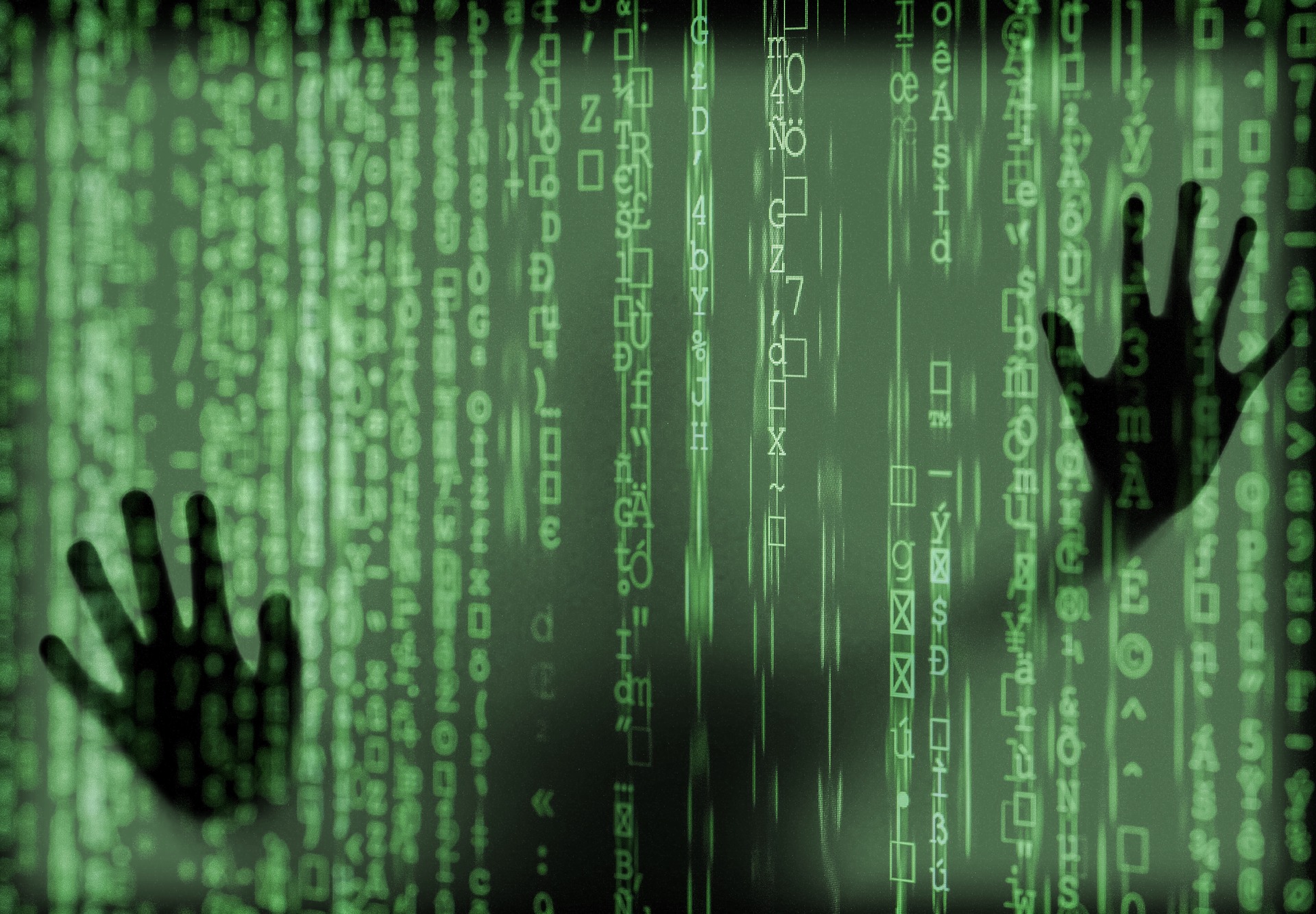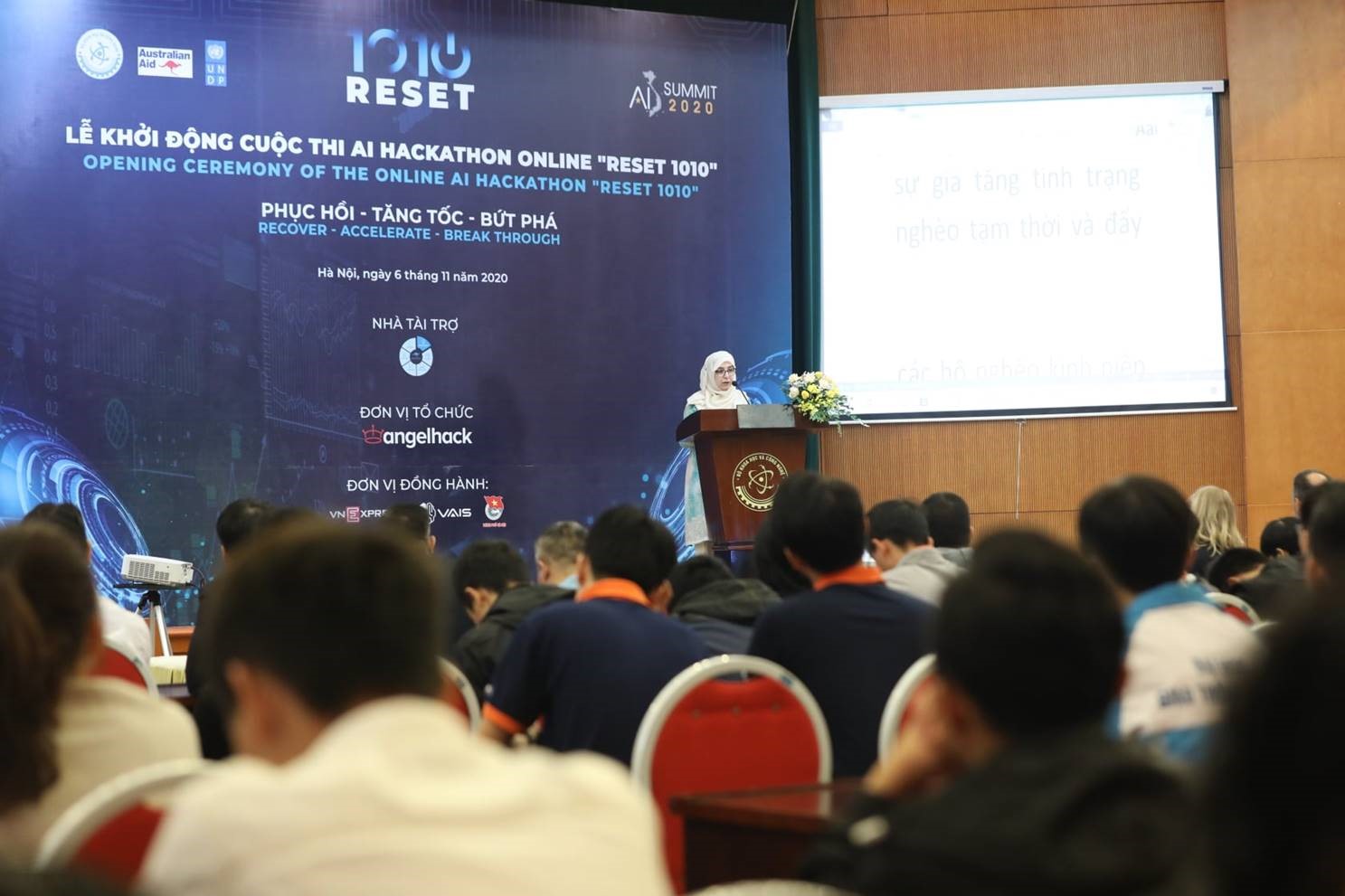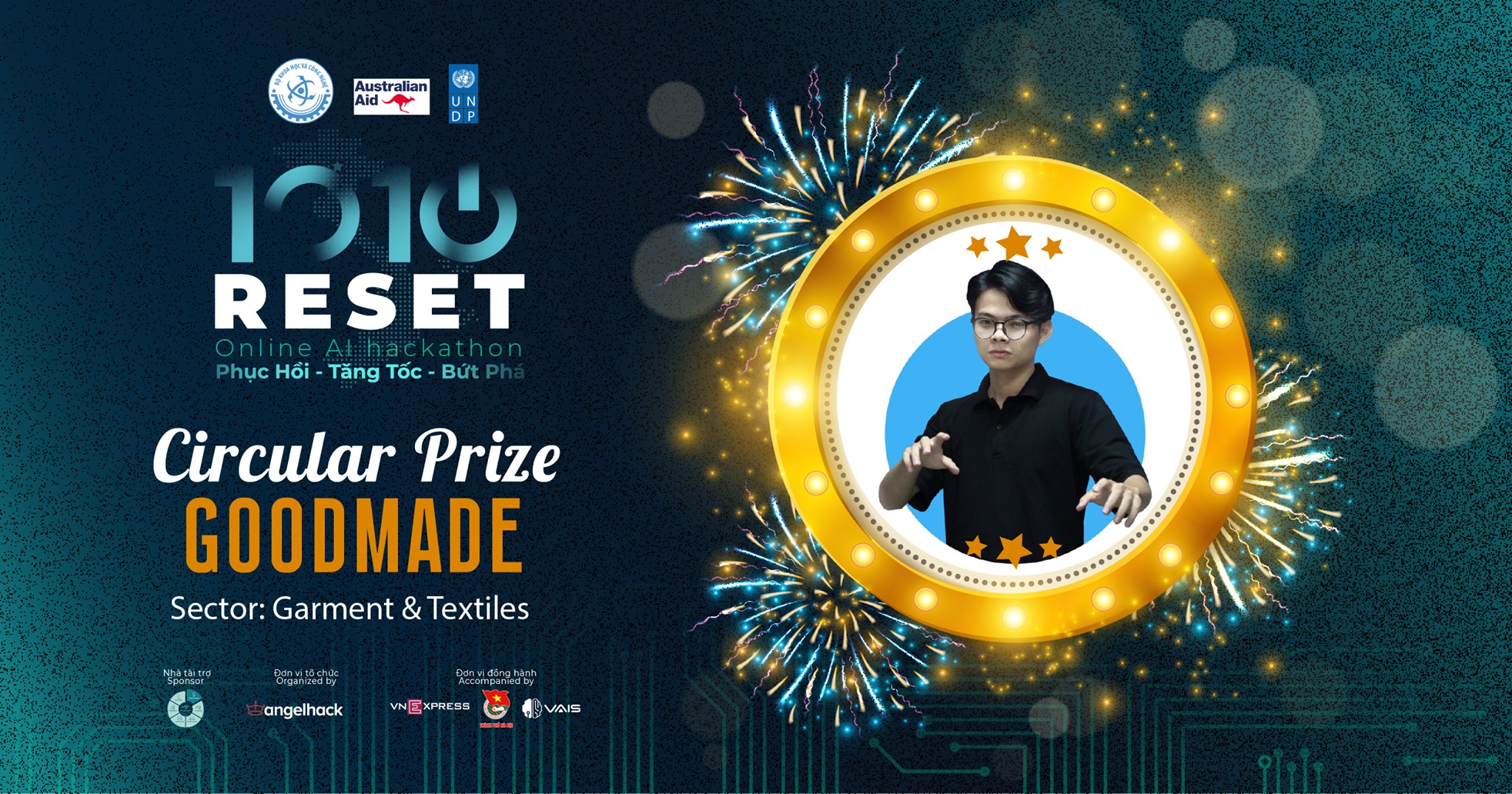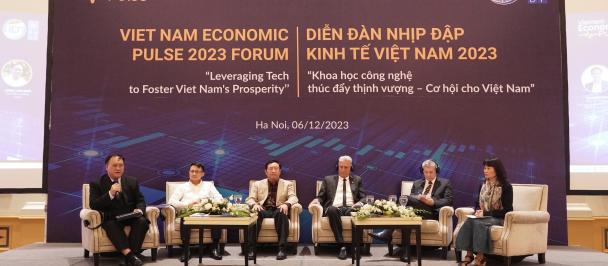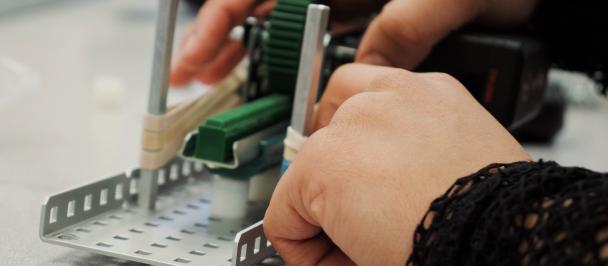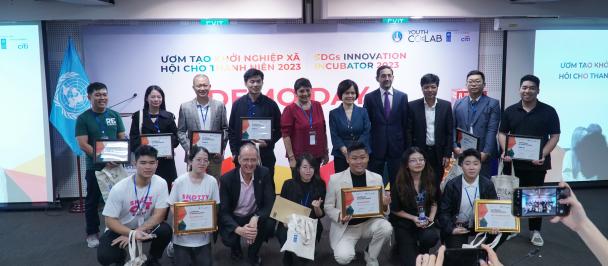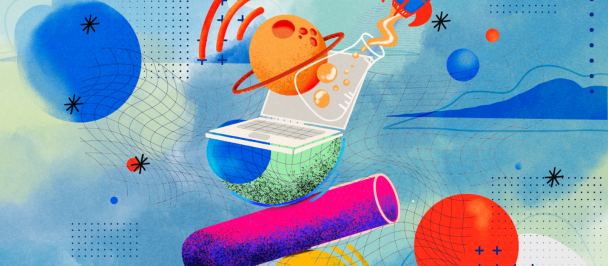UNDP Viet Nam Circular Innovation Series - BLOG #1 by Morgane Rivoal, UNDP Climate Change and Circular Economy Officer, and Ida Uusikyla, Innovation Officer
AI4CE - How might we harness AI to accelerate the transition to Circular Economy in Viet Nam?
April 8, 2021
This blog is the first of a series unpacking what transition to a Circular Economy would mean for Viet Nam. It will showcase practical case studies, voices from the ground, introduce policy briefs and highlight the work UNDP Viet Nam is doing to support the Government and partners in paving the way for a low-carbon and circular economy. Stay Tuned!
The amount of waste generated in Viet Nam every day is approximately 117,600 metric tons1 and it is increasing by 10-16% every year, according to the Viet Nam Environment Administration (VEA)2. The country is also struggling with alarming air pollution. Its two biggest cities, Hanoi and Ho Chi Minh City, are now among the top 15 polluted cities in Southeast Asia. In 2020, Viet Nam has just gone through another historical year of climate extreme records, with more than 16 types of hazards (typhoons, heavy rainfalls covering 49 out of the 63 provinces, local flooding and landslides). Furthermore, COVID-19 hampering business activity nationwide resulted in a surge in transient income poverty. Addressing these colliding trends require us to reconsider how we design, produce and consume in a way that is sustainable and leaves no one behind.
Leveraging IR4.0 in the transition to a circular and low-carbon economy
While the reality of these accelerating trends paints a harrowing picture – innovations and digitalisation such as the Industry 4.03 with the forward march of new technologies such as blockchain, AI or IoT could help Viet Nam leapfrog challenges related to unsustainable growth generating increasing negative externalities, and accelerate the transition to a circular economy. Viet Nam has been ranked as one of the fastest-growing economies in the world and is home to a burgeoning start-up and IT ecosystem and therefore is fertile ground for digital innovation. The circular economy could provide a framework in which AI technologies serve the development of a resilient and prosperous Viet Nam.
The Ellen MacArthur Foundation defines the transition to a circular economy as the adoption of an economic model based on three principles:
1. Waste and pollution are designed out;
2. All products and material are kept in use; and
3. Natural systems are regenerated.
Viet Nam is standing on the brink of a new revolution, which offers a wide array of opportunities for small and medium enterprises (SMEs). AI Technologies and circular economy can deeply modify the current economic system, benefiting people and the planet. This provides an untapped opportunity for the domestic private sector to grow revenue while reducing costs for, and reliance on, raw and volatile materials and providing access to new markets. Computer vision & object detection, text classification, data clustering, time series analysis, outlier detection, chatbots are all great examples of the application of AI models for circular innovation.
Recent research4 conducted by Ellen MacArthur Foundation, Google and McKinsey laid out three ways in which AI can enhance and enable CE innovation. Through design and re-design, AI can enhance and accelerate the development of new products, and materials fit for a circular economy through machine-learning-assisted design processes that allow for rapid prototyping and testing. AI can boost the competitiveness of circular economy business models by combining real-time and historical data from products and users, increasing product circulation and asset utilisation through pricing and demand prediction, and develop smart value chain management. Finally, AI technologies can unlock the potential of circular infrastructure by improving the processes to segregate products, remanufacture components, and recycle materials.
Crowdsourcing AI solutions for Circular Economy
UNDP Viet Nam is implementing several projects and technical advisory in the field of circular economy, innovation, digital governance, and impact acceleration of social start-ups. In 2020, UNDP’ cross-disciplinary team started exploring what could ‘AI for CE’ mean in Viet Nam, by looking at potential combinations and synergies within our existing portfolio our projects, breaking silos between environmentalists and AI practitioners.
In November 2020, UNDP Viet Nam collaborated with the Ministry of Science and Technology, the Aus4Innovation Program, Hanoi Youth Union, and Angel Hack in co-organising RESET 1010 hackathon to accelerate green economic recovery in Viet Nam. The hackathon was a learning opportunity to unlock AI’s potential to advance the circular economy and it created a dynamic, creative and challenging environment, where participants worked together to create AI solutions aimed at solving problems that the SME community is facing in a post-pandemic world. It included diverse sectors such as Medical & Healthcare, Logistics & Supply Chain, Operation Optimization, Agriculture & Food, and Textiles.
The hackathon received 283 qualified registrations and 36 teams worked together during 2 intense competition days, supported by brilliant mentors from the Vietnamese start-up ecosystem, and our in-house circular and innovation experts. Out of the 28 proposed solutions, 13 have applied the principles of the circular economy, with a strong focus on the food and agriculture, and textile sectors. Technologies showed huge potential in minimising or segregating waste, reusing material and products, reducing the use of pesticides, limiting or valuing food waste.
A special Circular prize was awarded for ‘Goodmade’, a mobile app that accelerates the upcycling of used clothing by sharing tips on how to make new handmade items and by connecting the users to selected tailors. The use of image recognition, classification and machine learning allowed the mobile app to suggest an infinite number of options to users.
UNDP, the Ministry of Science and Technology (MOST) and Aus4Innovation further awarded the first prize overall to Hoori, a mobile app that helps to monitor and protect crop health and supports the transition of small and medium agri-businesses to a circular economic model with AI technologies. Utilising machine learning and photo recognition, the mobile app detects the diseases and pest accurately on crops and suggest advisories and remedies focusing on the use of climate-smart practices that restore degraded ecosystems, while limiting the use of fertilisers.
It is clear from this first experiment that not only did the participants understand what Circular Economy means, but they also immediately applied it in their product and service design. The interest, skills and enthusiasm are there, and we therefore need to harness this talent to catalyse the transition to a green, sustainable and circular economy!
------
UNDP Viet Nam will continue collecting and disseminating lessons learned to local partners and UNDP Global Accelerator Labs Network. We would love to hear your experience, so share your stories and stay tuned for more exploration of AI4CE.
1) Vietnam generates nearly 18,000 tons of plastic waste a day - Tuoi Tre News
2) Vietnam Waste Management Market (2020 - 2025) - Global Newswire
3) Resolution No.50-NQ-TW, specifically encourages FDI in advanced technology and Industry 4.0, by increasing the number of businesses to 50 percent by 2025.

 Locations
Locations